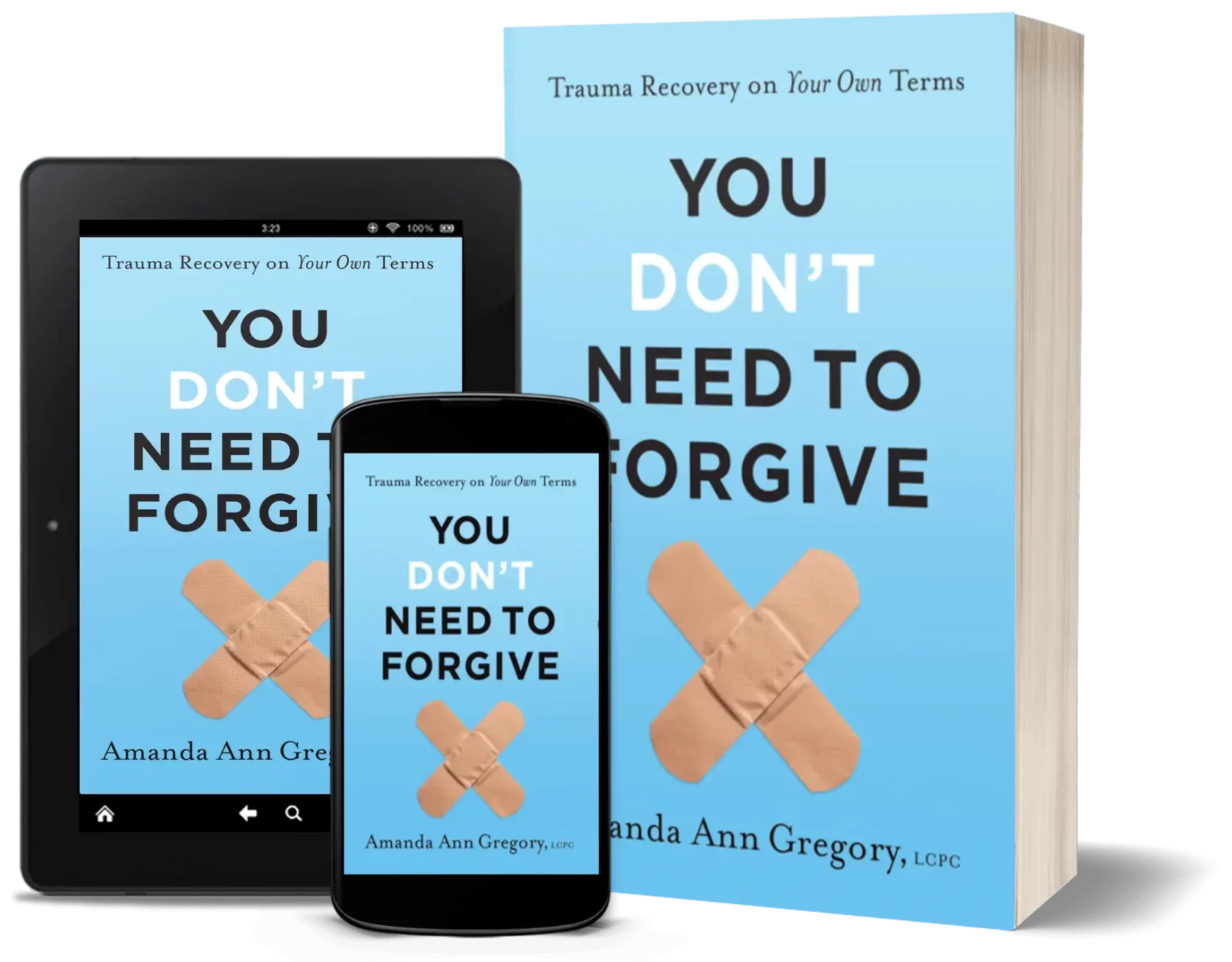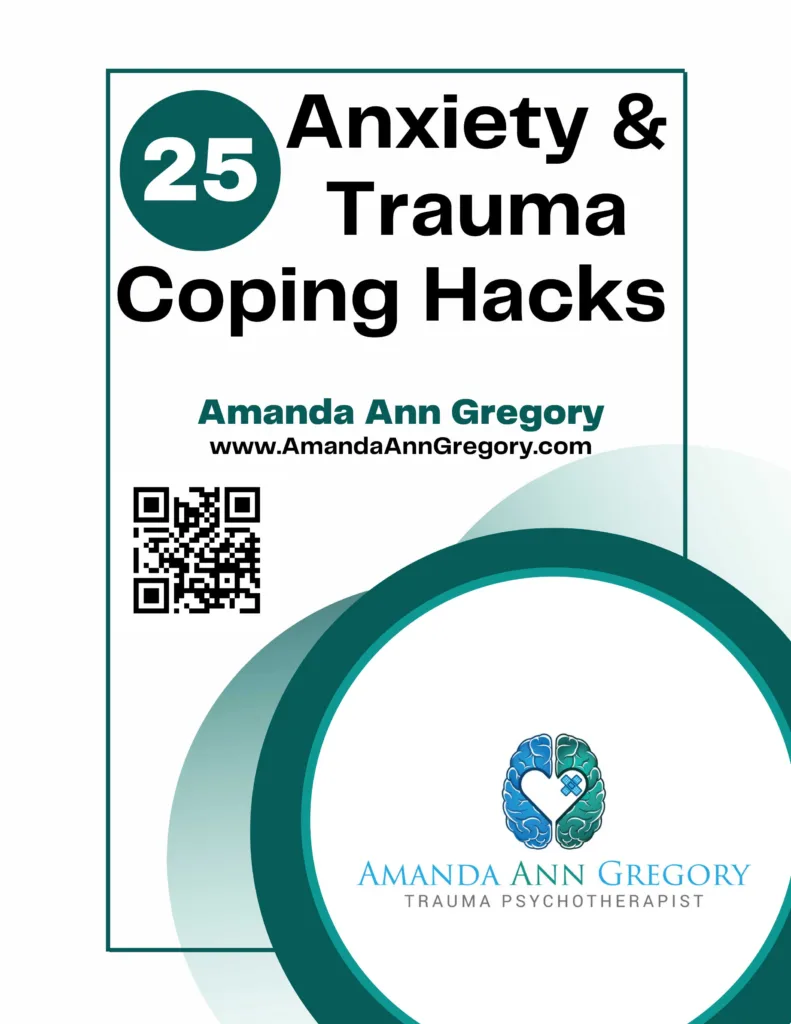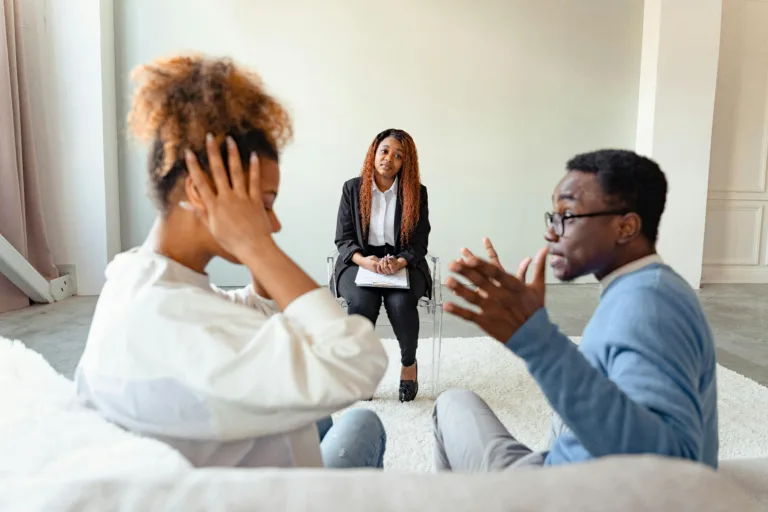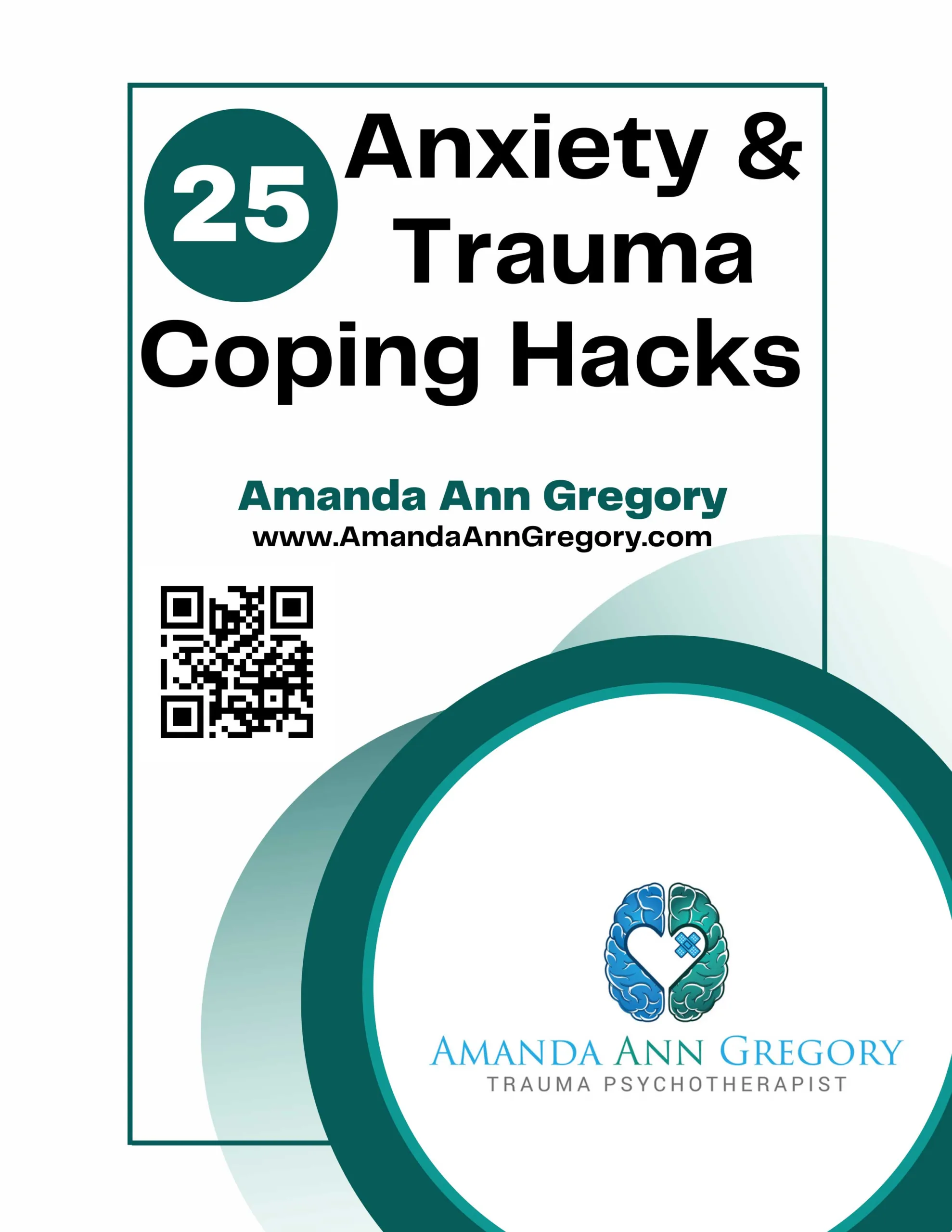Survivors of sexual violence aren’t the only ones who will be negatively impacted by Roe v. Wade being overturned. Many trauma survivors will be triggered, frightened, and even re-traumatized by being deprived of agency over integral aspects of their lives and wellbeing. Traumatic responses often occur when a person is denied agency over an impactful event, life situation, or component of their identity and flourishing.
Agency is essential to recovering from trauma because trauma largely involves a profound loss, destabilization, or suppression of agency, and the overturning of Roe v. Wade further suppresses trauma survivors’ agency. Curtailing a trauma survivor’s agency after the traumatic experience can have harmful effects on their recovery. As a trauma therapist, I’m terrified that trauma survivors will be forced to live and recover in a world where their agency is gravely and cruelly limited.
Lack of Bodily Agency Threatens Children
Children are often taught they do not have agency over their bodies. We typically encourage children to hug and kiss their relatives on command, and thus they learn that adults get to decide what happens to their bodies. Unfortunately, not all adults are safe. Due to a greater awareness of child sexual abuse and the importance of bodily autonomy, there is a movement in the psychology community that urges adults to ask children for their consent to acts of physical intimacy (e.g., hugs, kisses, snuggles, etc.) rather than command or coerce them to engage in such acts. This change allows children to embrace age-appropriate agency over their bodies so that they are better able to keep themselves safe and to inform adults when their agency is threatened, and it helps instill in them the value of consent.
With the overturning of Roe vs. Wade, what are we communicating to children? We are communicating that, as adults, they will have agency over their bodies, but with significant, and often severely dangerous, exceptions: exceptions concerning their health, sexual wellbeing, and reproductive freedom. If such restrictions on their bodily autonomy are imposed, how can they maintain an adequate sense of security in the world, let alone an appropriate sense of their own dignity? How will they be able to keep themselves safe and understand their self-worth, if they are deprived of the ability to make choices that affect basic aspects of their health and happiness, or if they are told that even their bodies are not fully theirs? Adults and children who are trauma survivors need to experience bodily agency which will support their recovery.
Forced Births Perpetuates Pervasive Trauma
Amnesty International (2020) reported that forced pregnancy is “a serious violation of sexual and reproductive rights and autonomy which can cause severe physical and psychological harms and often has lasting personal, social and economic consequences.” Forced pregnancy is also defined as a crime against humanity by the United Nations. There is no doubt that forced pregnancy can be traumatic. As Roxane Gay (2022) writes, “we should not live in a world where someone who is raped is forced to carry a pregnancy to term because a minority of Americans believe the unborn are more important than the people who give birth to them.”
There are US states that allow abortions in cases of rape and incest. Yet, this is no guarantee that survivors of rape and incest will not be forced to give birth. In order to be exempt, what is required? Does a survivor need to somehow prove that the rape or incest occurred? Do they need to file a police report or even win a conviction? There are many survivors who do not and/or cannot make an official report. Those rapes that are reported, are rarely tired in court. Will these survivors be forced to give birth? They surely will be. Cases of rape and incest are not the only reasons why someone would need an abortion in order to support their physical and/or mental health. Overturning Roe v. Wade will tell birth-capable people that they do not have agency over their bodies and others have the authority to make bodily choices for them – which is fuel that both ignites and perpetuates pervasive trauma.
Relational Agency
Trauma survivors need to assert agency in their relationships in order to promote their safety and recovery. Some survivors have ceased contact with family members in order to heal. Others work to establish firm boundaries in order to foster safety in their relationships. Being forced to give birth will strip survivors of relational agency and place them in unsafe situations. Many pregnant people will stay with abusive partners because they are forced to carry a pregnancy to term; and even if pregnant people leave their abusive relationships, giving birth to a child will nevertheless conscript many of them to frequent contact with their abusers for many years to come. Even if they are able to assert some agency by leaving the relationship, they will likely be forced to have some type of relationship with their ex-partner in order to meet the child’s needs and/or abide by legal requirements. How can they heal from the trauma of their abuse when they are forced to continue to engage with their abuser?
Imagine being forced to have a relationship with your rapist due to the fact that they have paternal rights to your child. This is a reality for many pregnant people who give birth in a state that requires a criminal conviction in order for the rapist’s parental rights to be severed. And these convictions are difficult to get. For every 1,000 sexual assaults, 975 perpetrators are not convicted and are able to sue their victims for child custody (Guha, 2021). If they win, they are able to have a continued relationship with their victim. It’s extremely difficult for trauma survivors to recover while they participate in unsafe relationships. Some survivors do not recover at all while they are involved in such unsafe relationships. Others pass on the cycle of abuse and trauma to their children (the same children that the federal government claims to be protecting).
Agency is required for trauma survivors to recover and feel safe. Overturning Roe v. Wade has severely curtailed the agency of trauma survivors and thus sabotaged their chances of recovering from trauma.
Purchase my book, You Don’t Need to Forgive

Sign up to get your Free eBook: 25 Anxiety & Trauma Coping Hacks

Hire me to speak at your event! Contact Me






